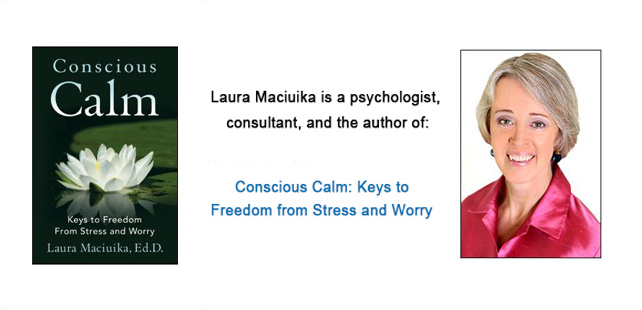 Resilience is one of the better terms found in psychology.
Resilience is one of the better terms found in psychology.
Psychology often focuses on stress or problems. But resilience looks at bouncing back from adversity. It’s about the places where you are stronger after being challenged, or after getting through a trial or traumatic event.
We’ve known in psychology and neuroscience that the earlier and more chronic the stressors, the more difficulties someone can have, even into adulthood. An excellent long-term study called the ACE study (Adverse Childhood Experiences) showed that the more types of stressors a child is exposed to, the more difficulties later, including health problems in adulthood.
But resilience looks at what helps someone thrive. What helps someone be stronger, even after multiple stressors.
In adulthood, we can be more resilient by focusing on what we learned, instead of on how we’ve been wronged, or on what’s not going well. In childhood, resilience often involves just one grown-up paying consistently good attention. It’s remarkable, but that’s what the science keeps showing us.
There is a new documentary called Resilience: The Biology of Stress and the Science of Hope that was at Sundance earlier this year. If you’re interested in the connections between early stress and resilience and what makes a difference, this film looks like it’s going to cover the latest science and breakthroughs in what’s working.
You can view the trailer here
There will be an online screening this weekend at no charge. You need to sign up for the ACE community to view it. If you’re interested, the link with instructions is here.
When you focus on your resilience, on your strengths and what you’re learning, instead of the negatives of your stress and challenges, you can create different outcomes – both in how you’re feeling, and with the projects and people in your life.


